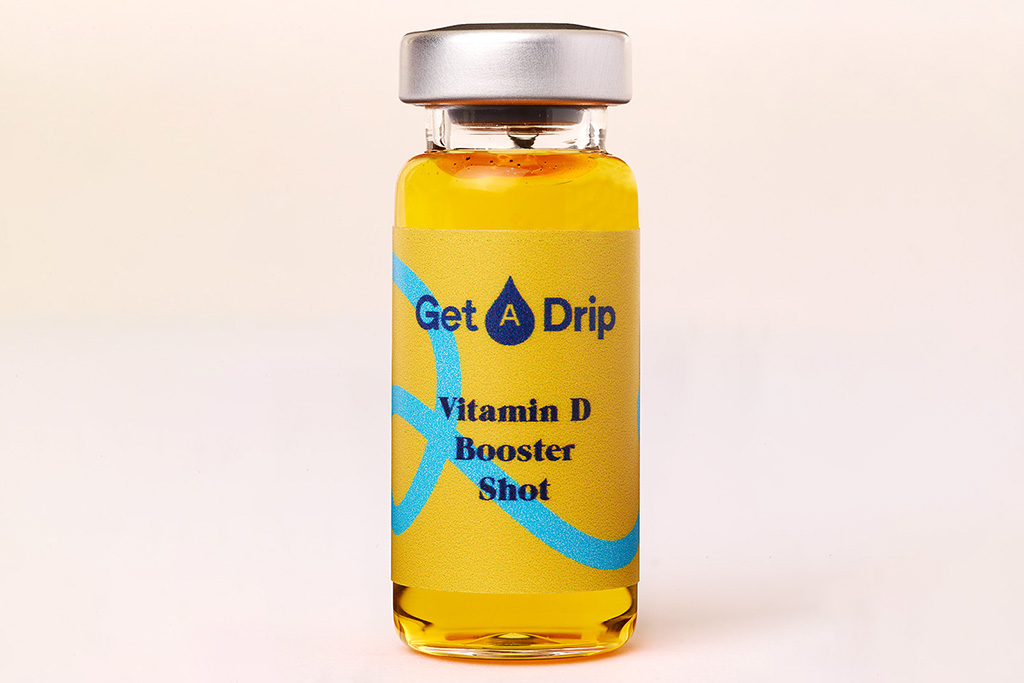
There’s been A LOT of talk in the media about Vitamin D lately yet a surprising amount of people still don’t know what Vitamin D is, why we need it and where we get it from. Luckily, we’re here to break it down for you so you’re never left in the dark about the sunshine vitamin again.
What Does The Government Say About Vitamin D?
The Government recommends that in the UK we should all take a daily Vitamin D supplement. This is because Vitamin D is crucial for many processes in the body and it’s very difficult to get enough Vitamin D from food and the sun alone.
One way to find out if you’re getting enough Vitamin D is to have a simple finger-prick blood test which can tell you what your current levels are, and help you to understand how much more you need to achieve the optimum level.
Why Test Your Vitamin D Levels?
Research shows that Vitamin D is important for general health and wellness. Vitamin D is produced in the skin via exposure to the sun, but in the UK more than 50% of the population don’t make enough Vitamin D, and in the winter the Government advises that we should all supplement with Vitamin D because most of us are deficient, when sunlight levels are so weak that we cannot produce Vitamin D even when outside. Even in the summer, Vitamin D deficiency is common due to the use of sunscreen and spending a lot of time indoors.
Why Do We Need Vitamin D?
Every cell in our body needs Vitamin D. In its most extreme forms, Vitamin D deficiency causes rickets in children and osteomalacia (bone softening) in adults. Vitamin D contributes to a healthy immune system and plays a role in the process of cell division. Vitamin D also contributes to the maintenance of healthy bones, muscles and teeth. More information about the importance of Vitamin D can be found on the NHS website.
Where Do I Get Vitamin D From?
The principal source of Vitamin D is your own skin. A chemical compound naturally present in the outer layers of skin is converted, on exposure to UV-B radiation, to cholecalciferol (Vitamin D3). However, we manufacture this Vitamin D only if we expose our skin to UV-B radiation. You can also get Vitamin D from some foods, supplements, and other UV-B sources.
Is It Important to Take Vitamin D Daily?
Vitamin D doesn’t have to be taken every day as long as the total dose is sufficient. It can be taken weekly or monthly. The important thing is to achieve and maintain a range of 41-60 ng/ml (102.5-150 nmol/L).
What About Calcium & Vitamin D?
Vitamin D doesn’t have to be taken every day as long as the total dose is sufficient. It can be taken weekly or monthly. The important thing is to achieve and maintain a range of 41-60 ng/ml (102.5-150 nmol/L).
How Do I Solve a Vitamin D Deficency?
Measure the vitamin D levels in the blood with a simple finger-prick blood test, then aim to achieve Vitamin D intake from small amounts of UV-B exposure, eating fortified foods, and having a supplement until your levels are 41-60 ng/ml (102.5-150 nmol/L). If you are unsure, you can also ask your GP to check your Vitamin D levels.
Want to hear the best bit? You can get your months worth of Vitamin D for £40 at Get A Drip!